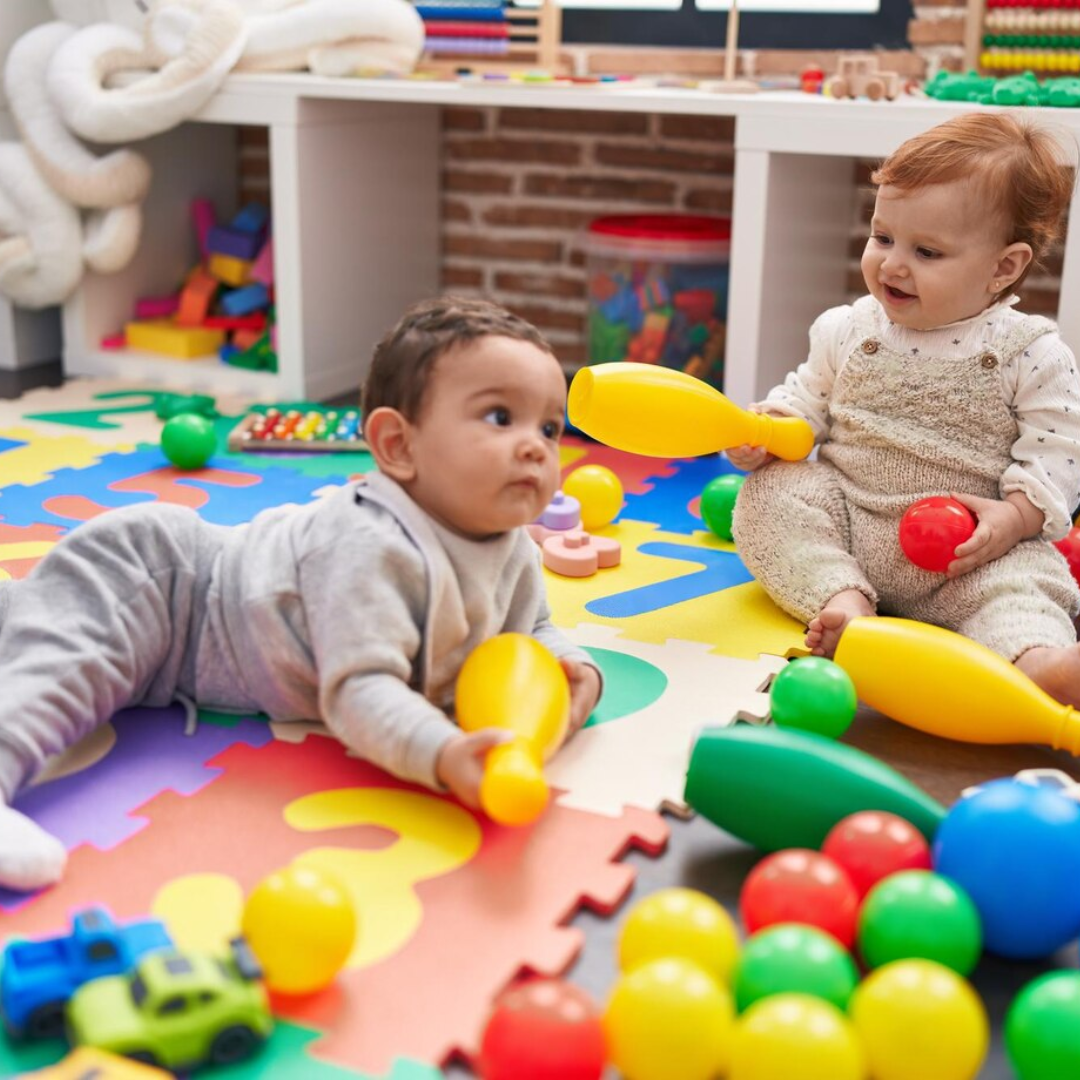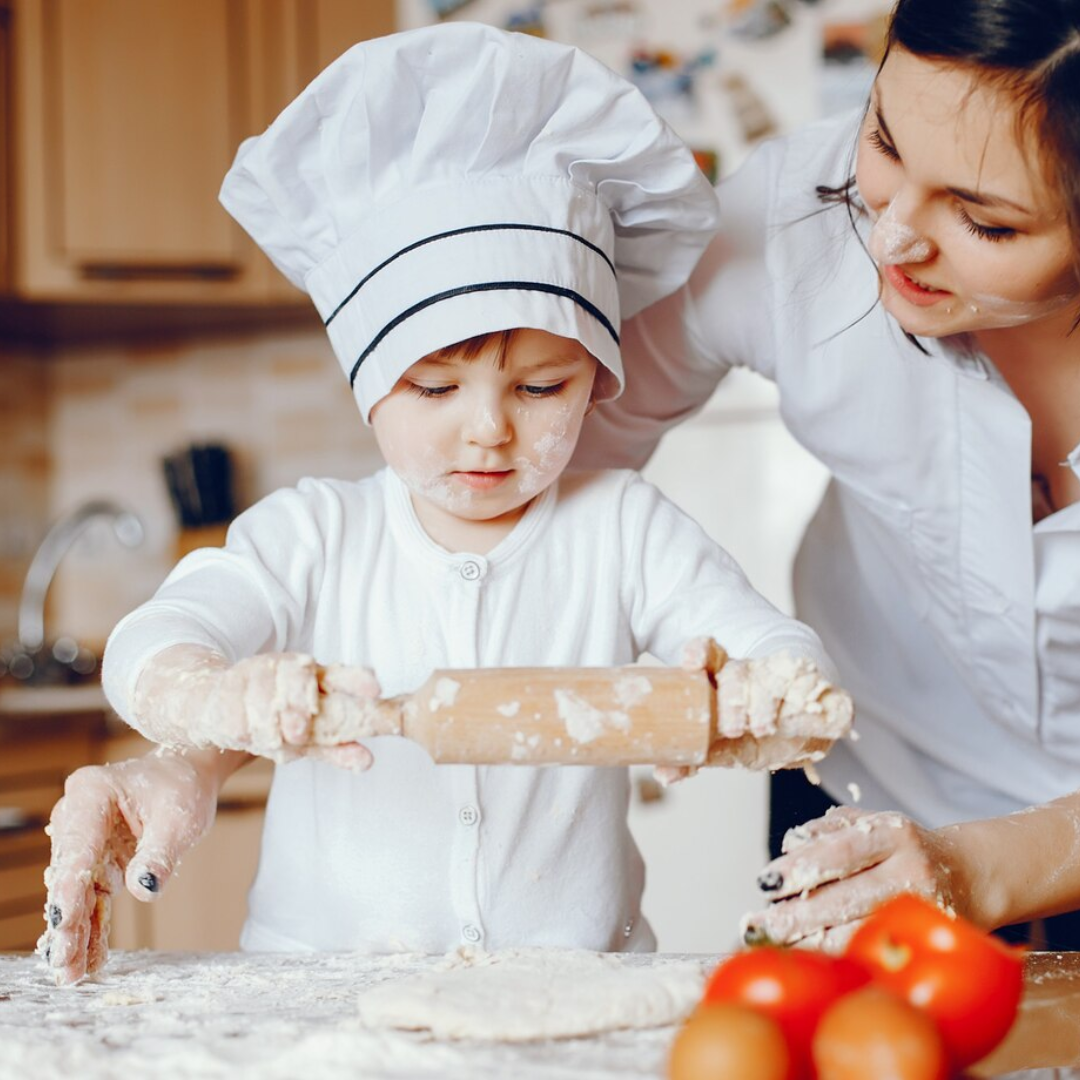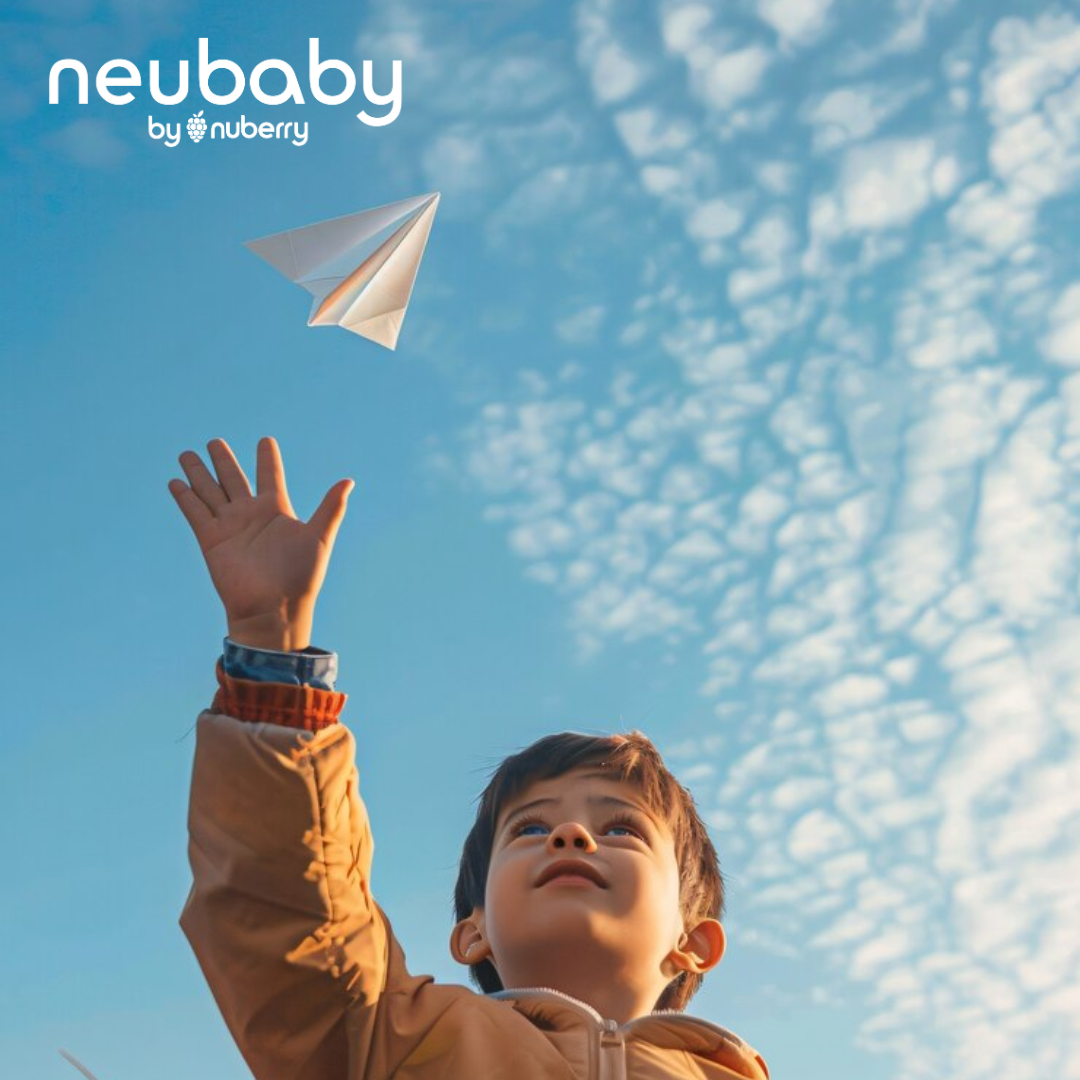
The Ultimate Guide to Baby Playdates: Tips for Fun, Learning, and Connection
As new parents, one of the most exciting milestones is watching your baby start to interact with others. A baby playdate is the perfect opportunity for both parents and babies to socialize, bond, and explore the world around them. Whether your little one is just starting to crawl or already toddling around, playdates can be a great way to foster early learning, support socialization, and provide much-needed fun for both baby and parent.
Here’s everything you need to know to make your baby’s playdate a success!
Why Baby Playdates Are Important
Baby playdates aren’t just about having fun (although that’s certainly part of it). They offer a variety of benefits for both you and your little one:

-
Socialization Skills: Babies start developing social skills early, and interacting with others—whether it’s a peer or an adult—helps them learn how to share, communicate, and build connections. Playdates expose babies to new people and environments, supporting their development in a natural way.
-
Cognitive and Physical Development: Playdates offer babies the chance to explore new toys, environments, and experiences, which helps stimulate their cognitive and physical growth. Activities like stacking blocks or exploring new textures help improve motor skills and problem-solving abilities.
-
Bonding for Parents: Playdates aren’t just about the babies. They also offer a chance for parents to connect and share experiences. Whether you’re swapping parenting tips or just enjoying a cup of coffee together, playdates are a great opportunity to bond with other parents who are going through similar experiences.
-
Emotional Growth: Babies learn about empathy and emotions by observing the behavior of others. Seeing how other babies express themselves, whether it’s through laughter, frustration, or excitement, helps your child start to recognize and understand their own feelings.
Tips for Hosting a Baby Playdate

-
Pick the Right Timing Babies have different sleep schedules, so it’s important to choose a time that works for both families. Look for a time when your baby is well-rested and in a good mood, as this will make the playdate more enjoyable for everyone involved.
-
Choose a Safe and Stimulating Location Whether you’re hosting the playdate at your house or another location, make sure the space is safe for the babies to explore. Baby-proof the area by removing any sharp objects, choking hazards, or fragile items. Include a mix of sensory toys like soft books, rattles, and stuffed animals to keep babies engaged.
-
Keep it Short and Sweet While older kids might be able to handle longer playdates, babies typically have shorter attention spans. A good rule of thumb is to keep the playdate between 30 minutes to an hour. This ensures that the babies stay happy, and parents don’t feel overwhelmed.
-
Encourage Free Play Unlike older children, babies don’t need structured activities to enjoy themselves. Set up a safe play area with a variety of sensory toys and let them explore at their own pace. You might want to sit nearby to supervise and interact, but avoid forcing babies to engage with each other if they aren’t ready.
-
Provide Snacks and Hydration If your baby is eating solids, be sure to provide healthy snacks during the playdate. This can also be a great time to introduce your baby to new textures or flavors, so consider offering something exciting like mashed fruit or veggie sticks. Don’t forget to have water available to keep everyone hydrated.
-
Monitor Baby's Emotional Cues Not every baby is immediately comfortable in social settings. Some may feel overwhelmed by the presence of other babies or new environments. Watch for cues like fussiness or withdrawal, and offer comfort if your baby seems stressed. It’s important to follow your baby’s lead and ensure they feel safe and secure.
Ideas for Fun and Simple Playdate Activities

While babies may not be able to play structured games just yet, there are plenty of activities that promote learning and development. Here are a few ideas to keep babies entertained:
-
Tummy Time: A classic activity for babies of all ages! Lay out a soft blanket and encourage tummy time, either with their parents or a playmate. This helps strengthen neck and shoulder muscles.
-
Music and Movement: Babies love music! Play soft, calming tunes or upbeat songs with simple rhythms, and gently move your baby’s arms and legs to the beat. You can also use a rattle or a tambourine to make the music more interactive.
-
Bubble Play: Babies are often fascinated by bubbles. Blow bubbles for the little ones to watch or pop. This simple activity helps babies with tracking and hand-eye coordination.
-
Peek-a-Boo: This timeless game is not just fun, but also helps babies with object permanence—learning that things can still exist even when they can’t see them.
When to Schedule a Baby Playdate

You don’t have to wait for a special occasion to set up a baby playdate. However, it’s important to be mindful of your baby’s age and developmental milestones. Here’s a rough timeline of when playdates can be most beneficial:
-
6–9 months: At this stage, babies are learning to sit up, babble, and interact with objects. Playdates can include crawling, sharing toys, or playing simple games like peek-a-boo.
-
9–12 months: Babies are becoming more mobile, so a playdate at this age might include cruising around on furniture, exploring sensory toys, or imitating sounds and actions.
-
12+ months: By this time, many babies are walking and exploring more actively. They’ll start to show more interest in interacting with other babies, sharing toys, and engaging in parallel play.
Baby playdates are a wonderful way to encourage your little one’s development while providing both babies and parents with the opportunity to socialize and bond. So, go ahead and plan that next playdate—you and your baby will both enjoy it more than you think!



